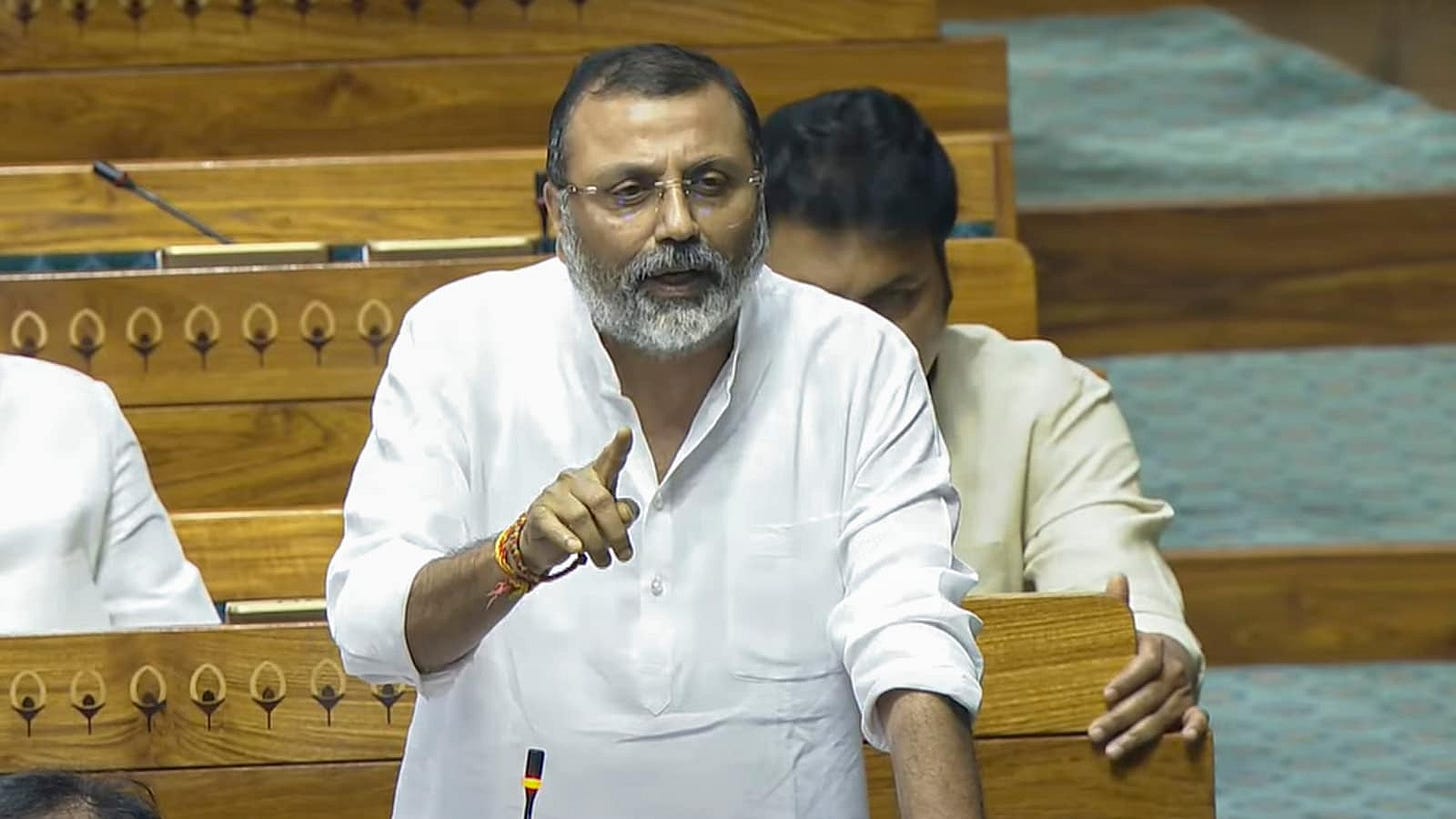Unravelling the Claims: Soviet Financing of Indian Parliamentarians
Exploring the Allegations of Foreign Influence on India’s Democratic Process
Explore the implications of recent allegations suggesting that over 150 Congress MPs received funding from the Soviet Union. This analysis examines the historical context, the nature of the claims based on CIA documents, and the potential impact on India's democratic integrity. Understand the challenges of verifying these allegations and their significance amid Cold War geopolitics.
Unpacking the Allegations: Soviet Funding of Indian MPs
Recent allegations by Nishikant Dubey, referencing a 2011 document from the US intelligence agency CIA, have brought to light a contentious claim: that over 150 Congress MPs, under the leadership of the late HKL Bhagat, were "funded" by the Soviet Union and acted as "agents" of Russia. This assertion, if substantiated, carries profound implications for India's political history, its non-aligned foreign policy, and the integrity of its democratic institutions during the Cold War era.
The Nature of the Allegation
The core of Dubey's claim rests on a CIA document. While the specifics of this document are yet to be fully revealed or independently verified, such intelligence reports often emerge from a complex web of surveillance, defector testimonies, and intercepted communications. It is crucial to distinguish between intelligence assessments, which can be based on varying degrees of certainty, and conclusive evidence. The term "funded" can encompass a spectrum of activities, ranging from direct cash payments to indirect financial support, and "agents" could include active collaborators to individuals whose actions incidentally aligned with Soviet interests.
Historical Context: India and the Soviet Union
A unique blend of strategic alignment and ideological differences characterised India's relationship with the Soviet Union during the Cold War. While India championed non-alignment, its economic and military dependence on the Soviet bloc grew significantly, particularly after the Indo-Pakistani War of 1971. This relationship manifested in extensive trade agreements, military aid, and cultural exchanges.
The Cold War was a period of intense ideological competition, with both the US and the Soviet Union engaging in covert operations and influence peddling globally. Allegations of foreign funding and interference were not uncommon, with both superpowers accused of backing political parties and leaders in various nations to further their geopolitical objectives. Therefore, the mere existence of such allegations, while serious, must be viewed within this broader historical framework.
Implications for Indian Democracy
If true, the allegations of widespread Soviet funding of Indian MPs would raise fundamental questions about the autonomy of India's legislative process. The notion that a significant number of elected representatives were beholden to an external power challenges the very foundation of democratic accountability. It could suggest a systemic vulnerability to foreign influence, potentially compromising legislative decisions, foreign policy stances, and national interests.
Furthermore, it could lead to a re-evaluation of key historical moments and decisions, prompting scrutiny into whether specific policies or actions were genuinely reflective of India's independent aspirations or subtly guided by external pressures.
Challenges of Verification and Interpretation
Verifying such claims, especially those dating back decades, presents considerable challenges. The original CIA document would need to be thoroughly authenticated and its contents critically analysed. Questions of source reliability, interpretation biases, and the potential for disinformation —hallmarks of Cold War espionage —would need to be addressed.
Moreover, even if financial flows are proven, establishing a direct quid pro quo between funding and specific legislative or political actions can be a complex task. Political donations, even if ethically questionable, do not automatically equate to acting as an "agent." The motivations of individuals, the prevailing political climate, and the broader geopolitical landscape all play a role in shaping actions.
Moving Forward: Transparency and Historical Inquiry
The allegations, regardless of their ultimate veracity, serve as a stark reminder of the complexities of international relations and the enduring legacy of the Cold War. They underscore the importance of transparency in political financing and the need for robust mechanisms to safeguard democratic institutions from undue external influence.
This situation calls for a balanced and thorough historical inquiry rather than immediate condemnation. It is necessary to have access to the alleged CIA document and, ideally, corroborating evidence from other sources. Understanding the whole truth behind these claims is not just about assigning blame, but about learning from history to strengthen democratic resilience in the face of future challenges. The revelation of such information, even years after the fact, can serve as a catalyst for critical self-reflection within a nation's political landscape.




